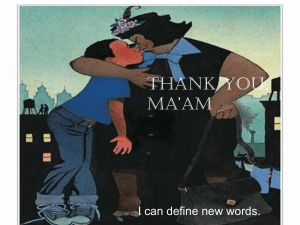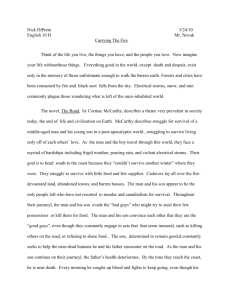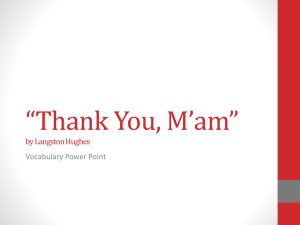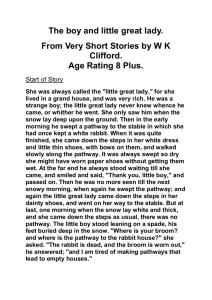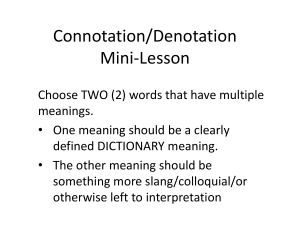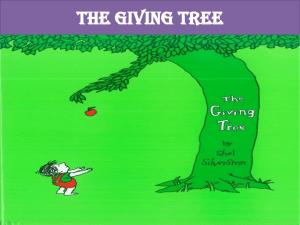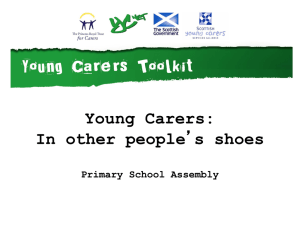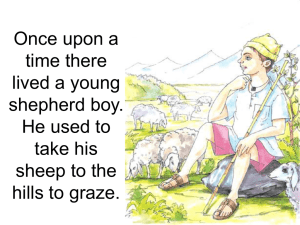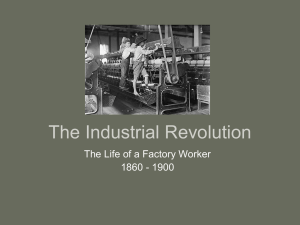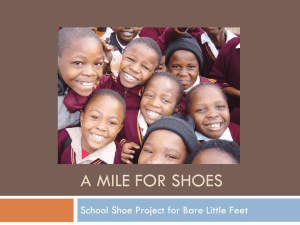"Thank You, M`am" - Auburn City Schools
advertisement
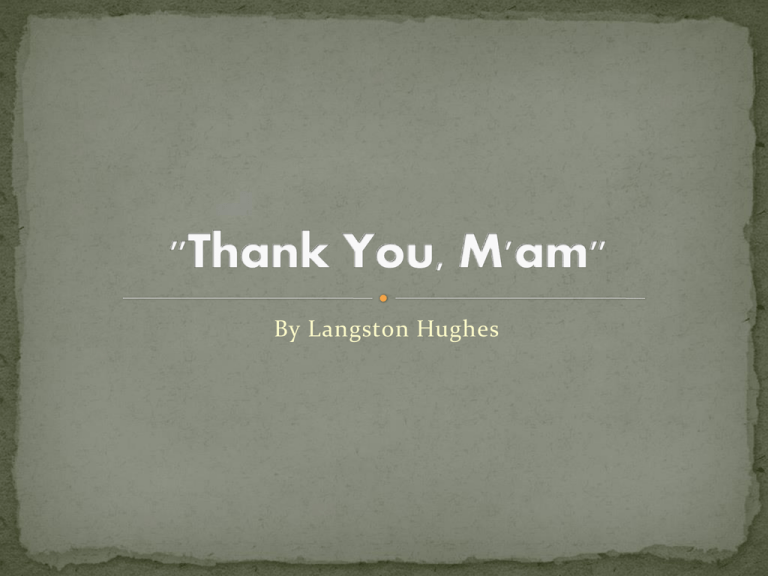
By Langston Hughes One of the first African American writers to make a living as a writer/speaker Was elected class poet in the 8th and 12th grades Had lived in Missouri, New York, Ohio, Mexico, Kansas, Colorado, and Illinois by the age of 20 Experienced prejudice and his own personal ups and downs in his early years Worked as a truck farmer, cook, waiter, sailor, and doorman Experimented with jazz and blues rhythms in his poetry This story was written during the 1950’s. Things cost a lot less than they do today. For example, a nice pair of shoes might cost $5 to $10. A lot of this story takes place in Mrs. Jones’s rooming house. A rooming house is a place where people rent rooms to live in. Often, the renters shared a living room and kitchen. Blue suede shoes: men’s shoes made of soft leather. They became popular in the 1950’s when Elvis recorded a hit called “Blue Suede Shoes” Gas plate: a small version of a stove top Icebox: a refrigerator http://www.youtube.co m/watch?v=NrjbwVhQO Aw slung: hung or thrown loosely She wore the shawl slung across one shoulder. frail: weak; easily broken The young boy looked thin and frail. barren: bare; empty; dull or uninteresting The front porch was plain and barren. Read about denotation and connotation. Connotation: When a word calls up feelings or images that can be right or wrong for what the writer is trying to say, for the feeling in the writing, or for the style. Denotation: The meaning associated with a word. How does Mrs. Jones influence the boy, and how do you think the boy influences her? Does Mrs. Jones treat the boy fairly?



